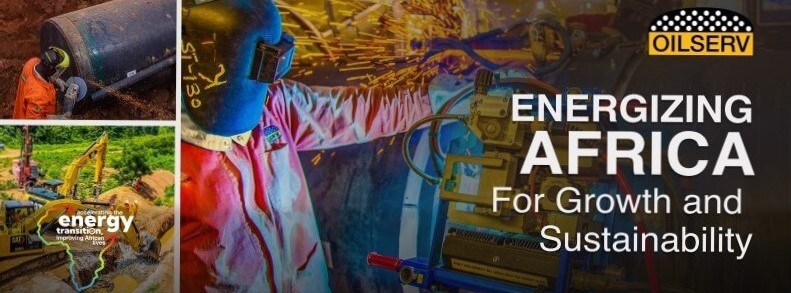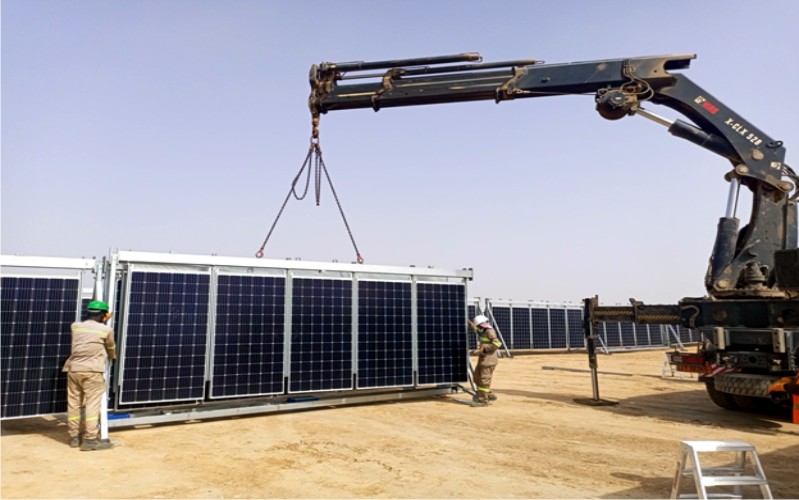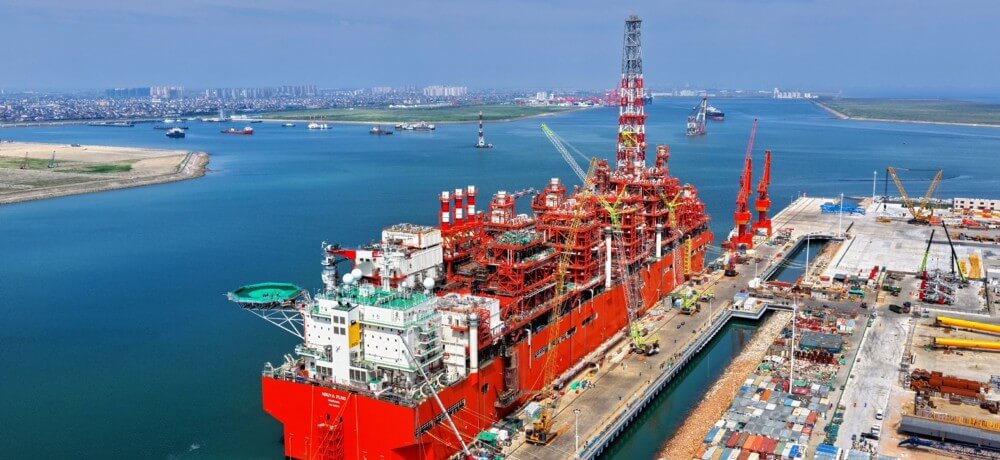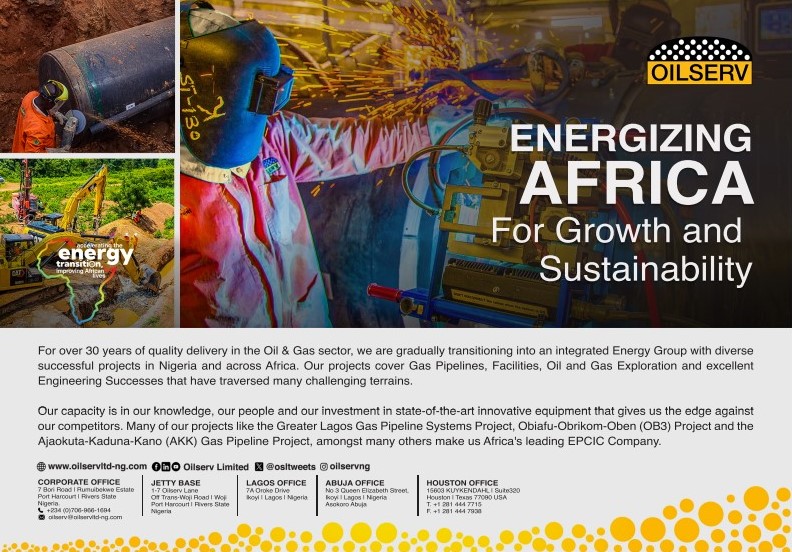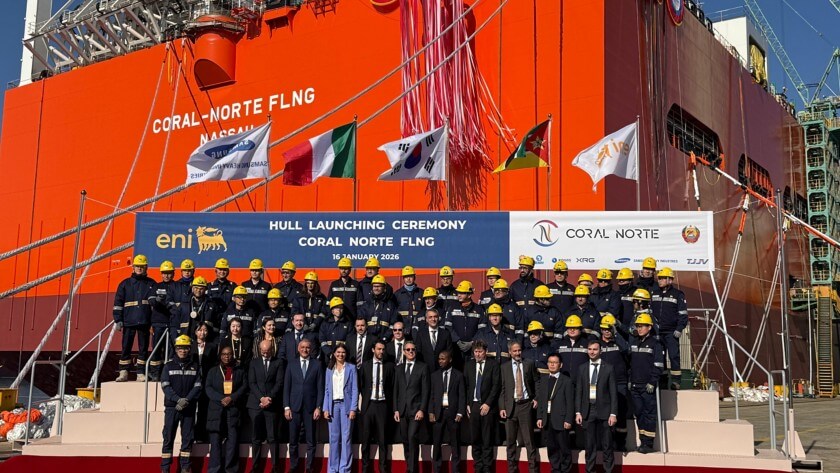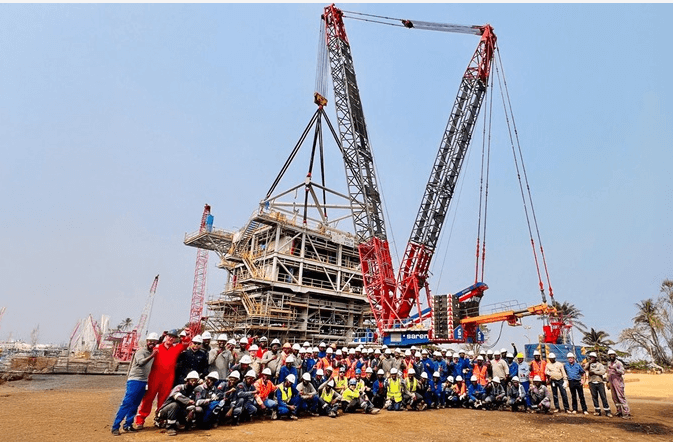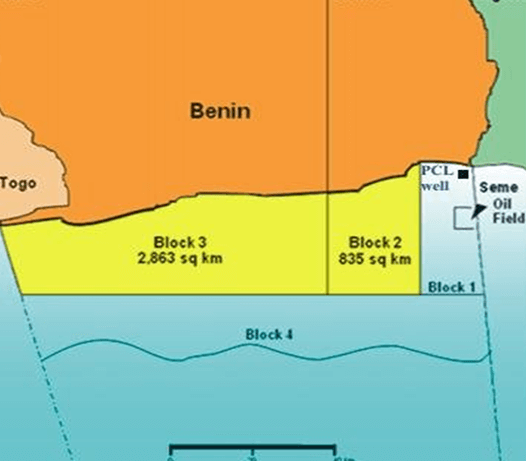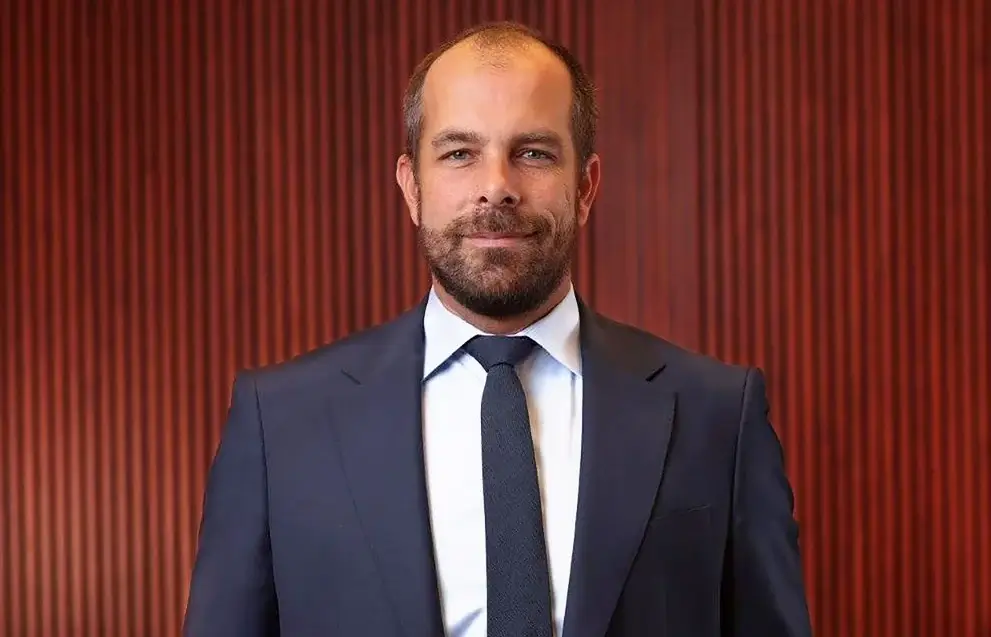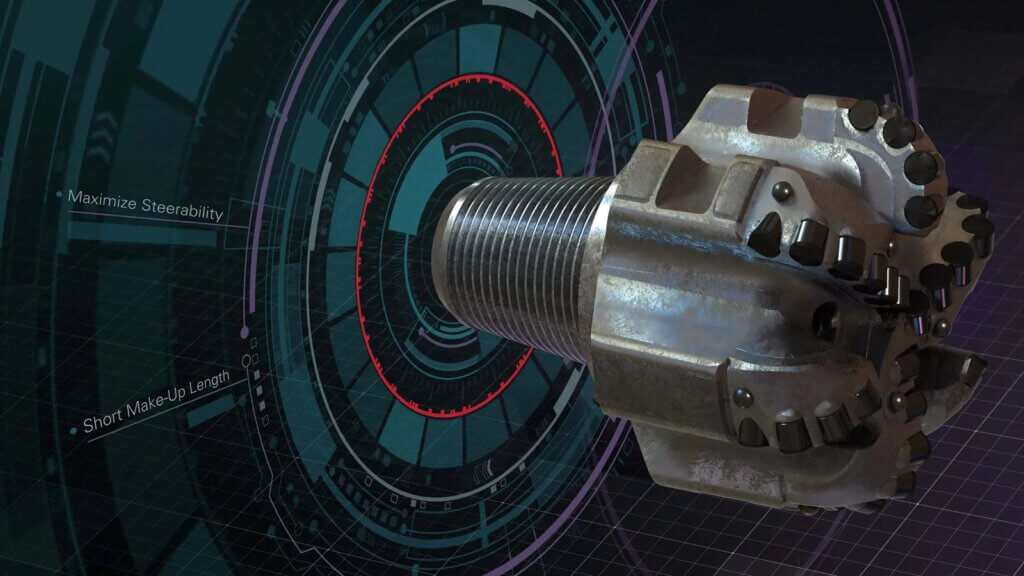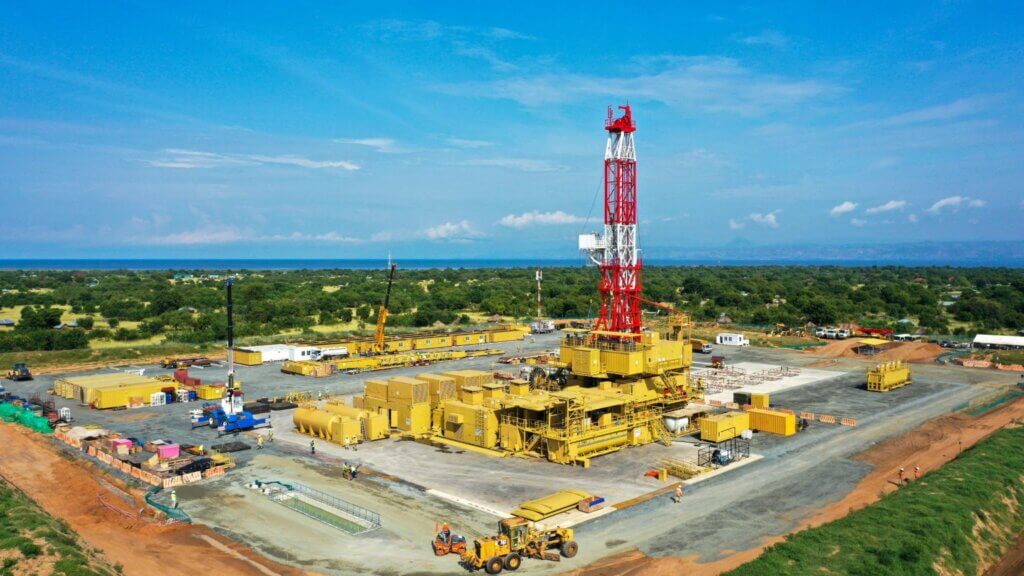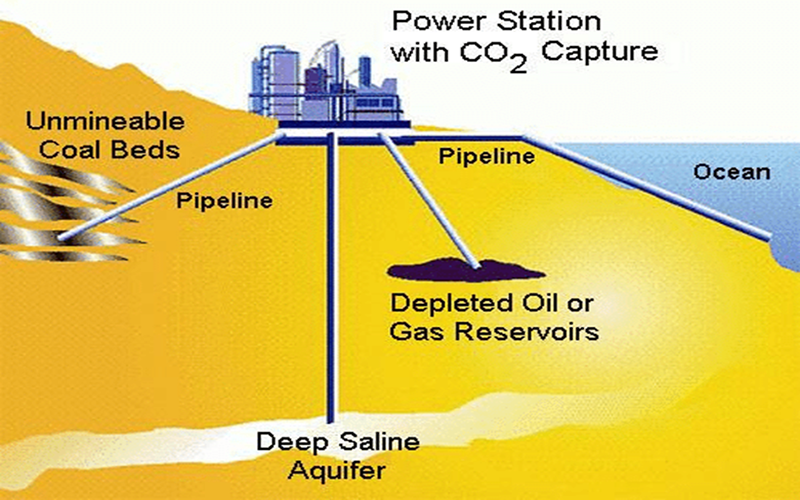
Carbon capture and storage (CCS) is a technology that safely captures CO2 at industrial sources, transports it and injects it permanently deep into the earth, diverting it from the atmosphere and limiting the impact it has on the environment. Large-scale carbon capture opportunities are in the works around the world, from Houston to Rotterdam to Singapore.
In the greater Houston area, infrastructure would be designed to transport CO2 captured at local industrial facilities and inject it thousands of feet underground into a carefully selected geological formation where it can be safely and permanently stored. Once underground, this CO2 would gradually harden and lose its properties as a greenhouse gas.
ExxonMobil and other companies believe a large-scale development of CCS in Houston could store up to 50 million metric tons per year of CO2 by 2030 and double that amount by 2040.
Energy Factor spoke with Dr. Ganesh Dasari, a researcher and engineer at ExxonMobil, to better understand how CO2 storage sites are carefully and rigorously selected. With a doctorate in civil engineering from Cambridge University and a lead role in locating potential CO2 storage sites for ExxonMobil, Dr. Dasari is an authority on the many safety considerations in carbon storage planning.













